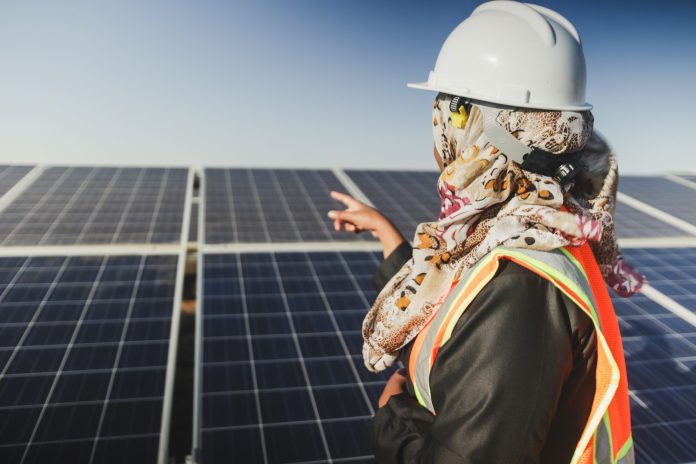Facebook Twitter (X) Instagram Somali Magazine - People's Magazine
In the face of devastating climate change and environmental degradation, Somalia is increasingly turning to alternative energy sources, such as liquified petroleum gas (LPG) and solar power, as the country seeks to reduce its reliance on traditional biomass fuels like firewood and charcoal.
Somalia and the Deforestation Crisis
The collapse of Somalia’s central government in 1991 led to widespread deforestation, as the lack of law and order removed restrictions on tree cutting. Over the years, millions of trees were felled to produce charcoal, much of which was exported to countries in the Arabian Peninsula. Between 1990 and 2020, Somalia lost nearly 30% of its forest cover, according to the U.N. Food and Agricultural Organization. Despite a U.N. Security Council ban on charcoal exports from Somalia in 2012, illegal sales have persisted, driven by militant groups like al-Shabab and individuals struggling to make a living.
Somalia and its Growing Use of LPG
Efforts to shift away from charcoal have gained some traction in recent years. Abdiraham Ali Ahmed, founder of Hass Petroleum, has been importing LPG to Mogadishu since 2008. While initial demand was low, Ahmed’s business has grown steadily, with the company now importing 1,500 tons of LPG annually, compared to just 20 tons when it started. Although LPG is primarily used by restaurants in Mogadishu, Ahmed notes that general population usage remains limited, with only about 8% of households using the fuel.
Ahmed advocates for government action to promote LPG by increasing taxes on charcoal and waiving taxes on gas. He argues that LPG is not only cleaner and more efficient but also helps protect Somalia’s remaining tree cover.
In the northeastern port town of Bosaso, Abdilatif Abdullahi Nur, head of Sahal Gas, has seen similar growth in LPG usage. His company, which has been importing LPG for 10 years, now serves 10,000 to 15,000 customers in each of the five cities where it operates. Nur believes that as more people adopt LPG, demand for charcoal will decrease, ultimately benefiting the environment.
Rise of Solar Power
Solar power is another alternative energy source gaining ground in Somalia. BECO, one of Mogadishu’s largest electricity providers, has invested heavily in solar energy since 2016. The company now operates a 72-megawatt solar grid, which supplies 36% of its daytime electricity needs. BECO’s chief engineer, Mohamed Farah Ali, aims to increase this to 80% by day and 50% by night by 2027, with the goal of eliminating diesel generators entirely.
Solar power has also started to reach rural areas. In two villages south of Mogadishu, residents have begun receiving electricity from a solar grid installed by the company Tamarso. The service, which started with just 18 households, now serves 60 of the approximately 150 households in one village. While solar energy offers a sustainable alternative, the high cost remains a barrier for many low-income residents.
As Somalia grapples with the effects of climate change, the transition to alternative energy sources like LPG and solar power is seen as crucial for both environmental preservation and economic development. However, advocates stress that further investment and government support are needed to accelerate this shift and make clean energy accessible to more Somalis.
Read more:
Somalis try to embrace alternative energies as climate change wreaks havoc, by Harun Maruf

